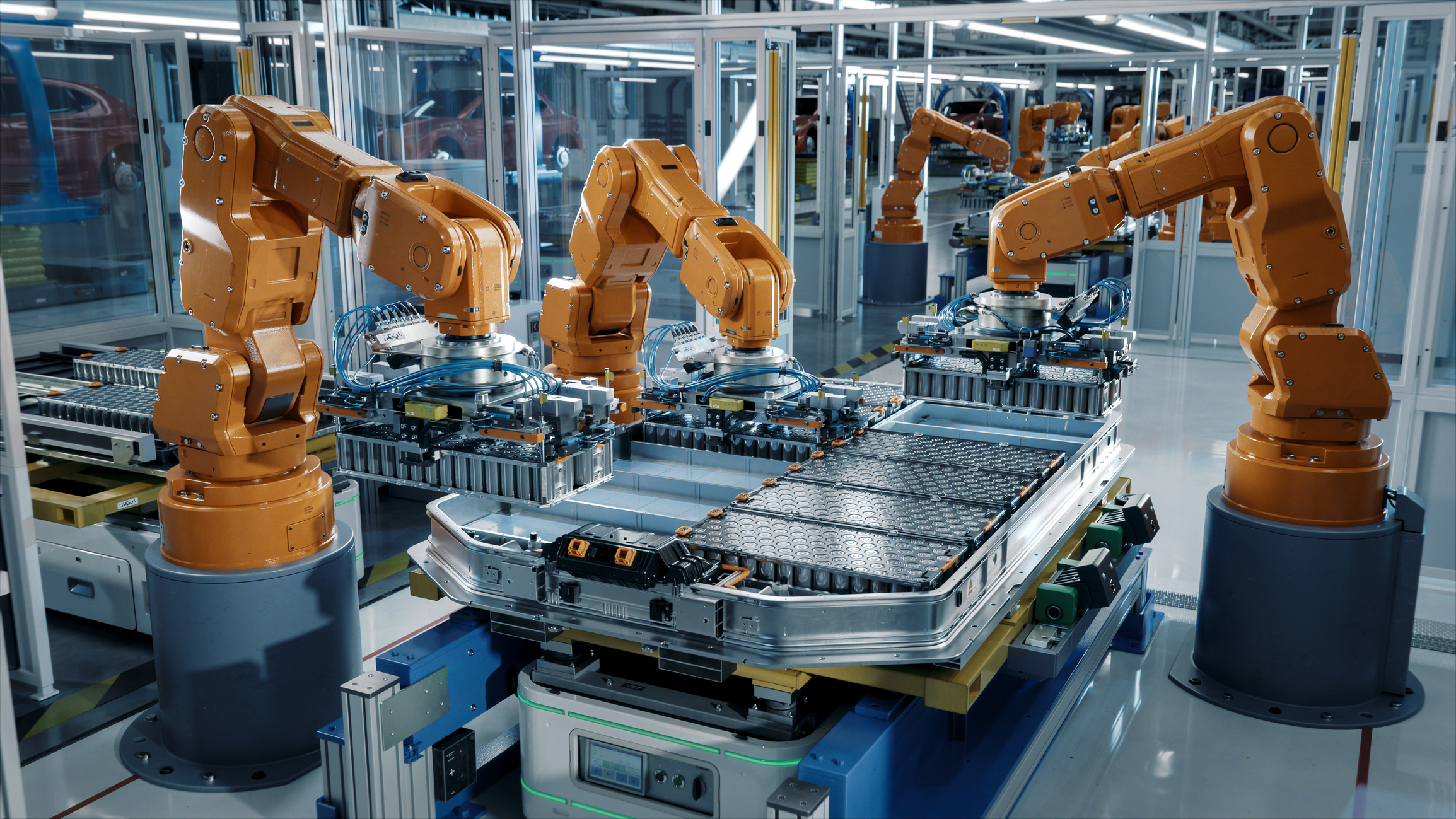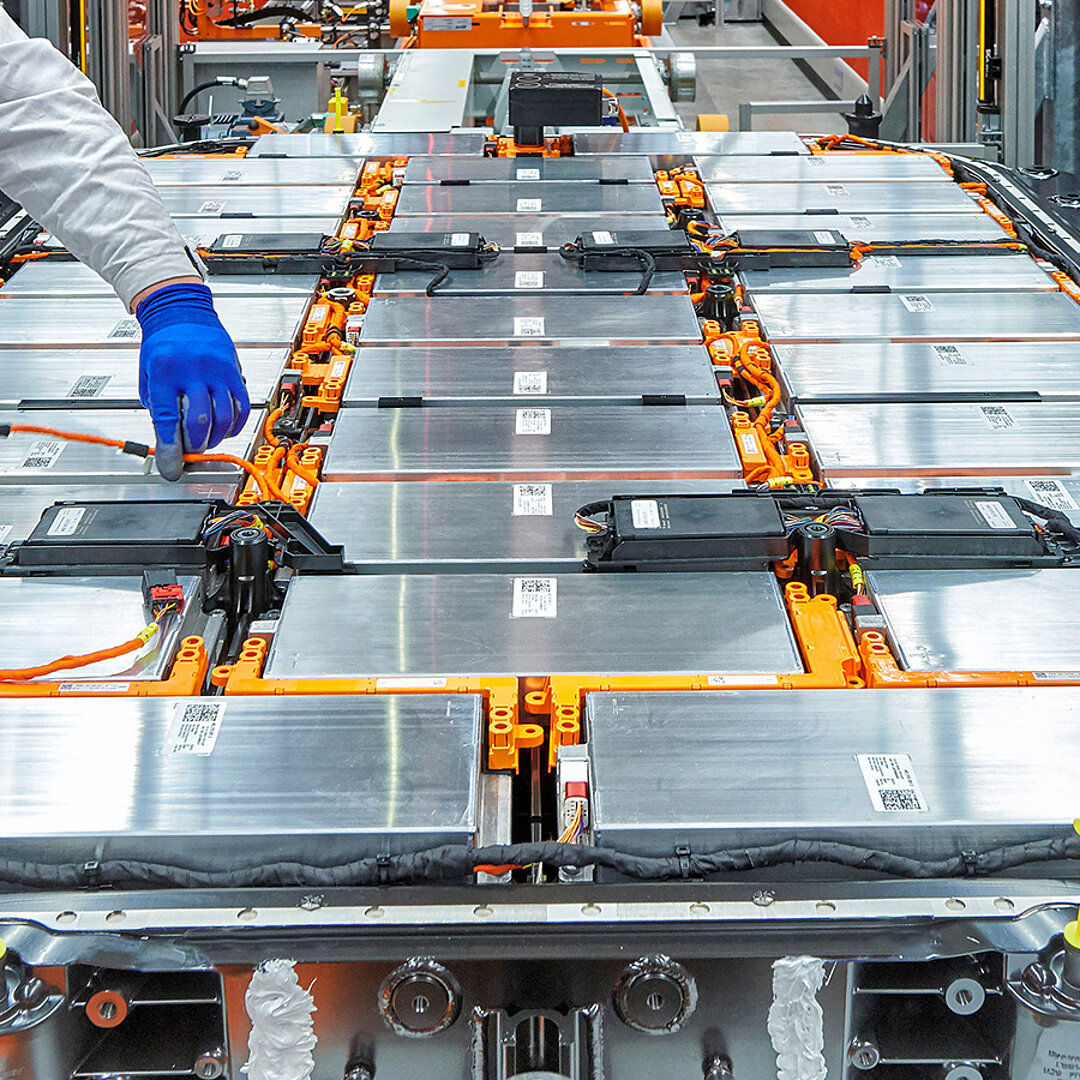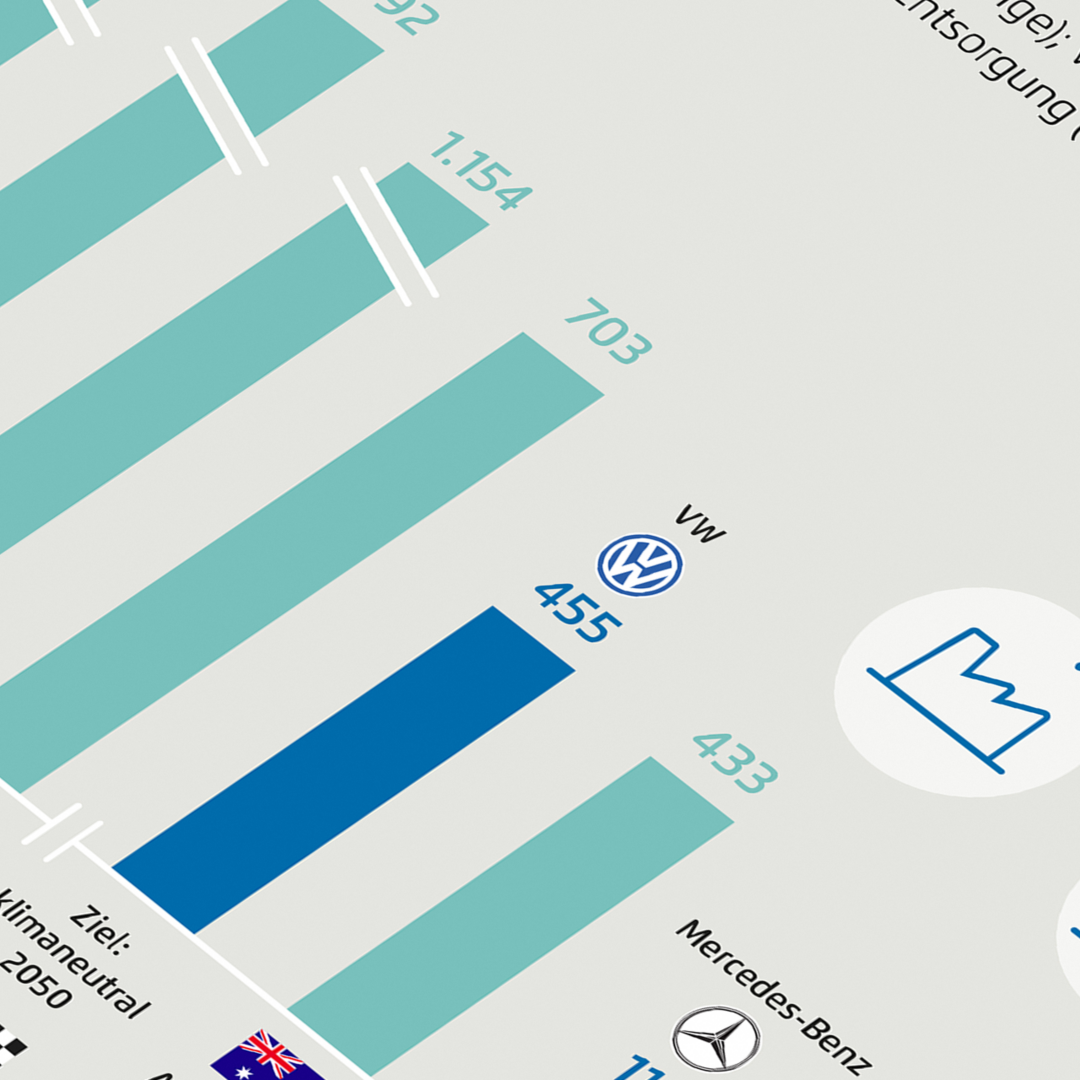This content is also available in: German
How to Make CO2 a Hard Currency in Fight Against Global Warming

Preface
Today climate change mitigation has become an increasingly important factor in the automotive industry. Drivers want environmentally friendly vehicles, while investors and financial markets are demanding business strategies in line with the Paris Climate Agreement. But several issues need resolving before the automotive industry will be able to live up to these expectations.
A vehicle’s total carbon footprint comprises many elements – the extraction and processing of raw materials, the production of parts, road operation, and disposal. So far, the most advanced methods for measuring emissions are those for determining the amount of carbon dioxide a vehicle releases when you drive it. This is because, until now, the carbon footprint of cars has been conceived mostly in terms of “what comes out the back”.
More transparent climate communication for fairer competition
But current methods are not nearly as good at measuring emissions that arise in the production of vehicles. And these emissions are far from inconsequential. With the switch to electric vehicles, the supply chain is becoming the most important source of emissions in personal transport. This means that a key aspect of the sector’s climate responsibility lies with manufacturers.
Even with today’s electricity mix, electric vehicles are usually much more climate-friendly than combustion engines over their life cycles. However, they are not devoid of emissions. Most EV emissions are generated during the production of vehicle parts, including in particular the battery. The path to climate-neutral manufacturing lies in the use of renewable energy, energy-efficient processes, and the recycling of energy-intensive materials. For each stage of the supply chain, companies can incentivise CO2 reductions by issuing stricter requirements to its suppliers.
The European Union (EU) is trying to make manufacturers more accountable by calling for more transparency in climate communication to prevent greenwashing and make competition fairer. Specifically, the EU has discussed rules governing sustainability reporting, climate-related product advertising, and environmental criteria for vehicle batteries. Moreover, legislators believe that a carbon border adjustment mechanism would ensure that the same CO2 prices apply to all goods sold in the EU, regardless whether they are produced locally or imported. Ultimately, the goal is to document the emissions of every vehicle and every manufacturer.
Rethinking carbon accounting from the ground up
But when it comes to measuring automotive supply chain emissions, matters quickly become confusing. A car consists of parts produced by thousands of suppliers from all over the world. In most cases, emissions data are not directly available and the rules for their collection are ill-defined, so statistical averages are used instead. The choice of method for calculating emissions can lead to very different values, and has hence become ever-more important economically.
The German government can contribute significantly to making greenhouse gas emissions in the automotive industry a “hard currency”. The Transformation of the Automotive Industry expert group formed by the Federal Ministry for Economic Affairs and Climate Action has drawn up recommendations for achieving this goal. The aim is to rethink the carbon accounting system from the ground up.
One of the group’s proposals is that vehicle manufacturers should no longer be solely responsible for determining car emissions. Instead, every company in the supply chain should provide emissions data for its products measured directly on site. Catena-X is an internet platform founded by automotive suppliers with the support of the EU and German Ministry for Economic Affairs and Climate Action. It will help to ensure that data is uniformly processed, protected, and easily accessible to authorised persons. Suppliers, for their part, will show how much CO2 is released in producing a given part and the savings that green electricity or recycled materials achieve. This will incentivise manufacturers to produce parts using fewer emissions than those of their competitors.
To make these changes possible, the German government should push for the development of uniform, certifiable procedures for collecting emissions data and assessing data quality. Dialogue is needed to ensure that the methods in the automotive industry are compatible with those in related sectors, including the steel, aluminium, and chemical industries. The same goes for international coordination, especially between the major automotive markets in the EU, China, Japan, South Korea, and the US.
Of course, the expert group’s proposals will work only if globally accepted standards are in place. Otherwise, individual manufacturing regions could opt for their own methods and undervalue others, leading to trade conflicts and making fair competition impossible. This could be particularly detrimental to Germany’s export-driven automotive industry, and make it more difficult for German companies to develop sustainable products and attract investors in new, climate-friendly processes. That’s why it’s more important than ever for politicians and business leaders to push ahead with carbon accounting in the automotive industry.
About the authors:
Thomas Becker is head of sustainability and mobility at BMW. Christian Hochfeld is the director of Agora Verkehrswende. Both are part of the Transformation of the Automotive Industry (ETA) expert group, where they lead work on decarbonising the supply chain.
The ETA has released recommendations for action for the German Federal Government:https://expertenkreis-automobilwirtschaft.de/media/pages/home/0ce543a65f-1714380661/expertgroup-transformautomotiveindustry_report_carbon-accounting_final_20240417.pdf
This article first appeared on 6 May 2024 in the German business daily Handelsblatt.


